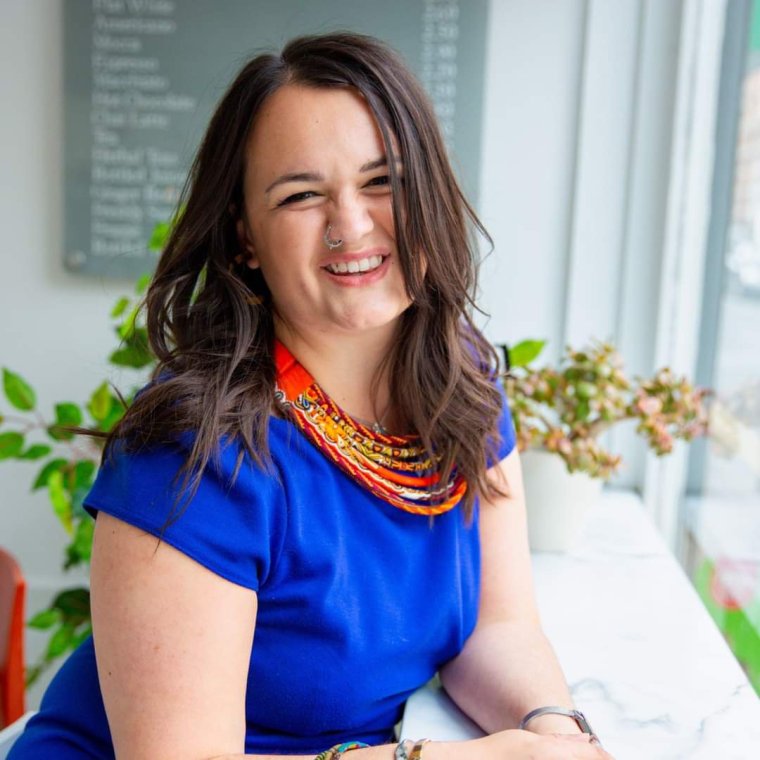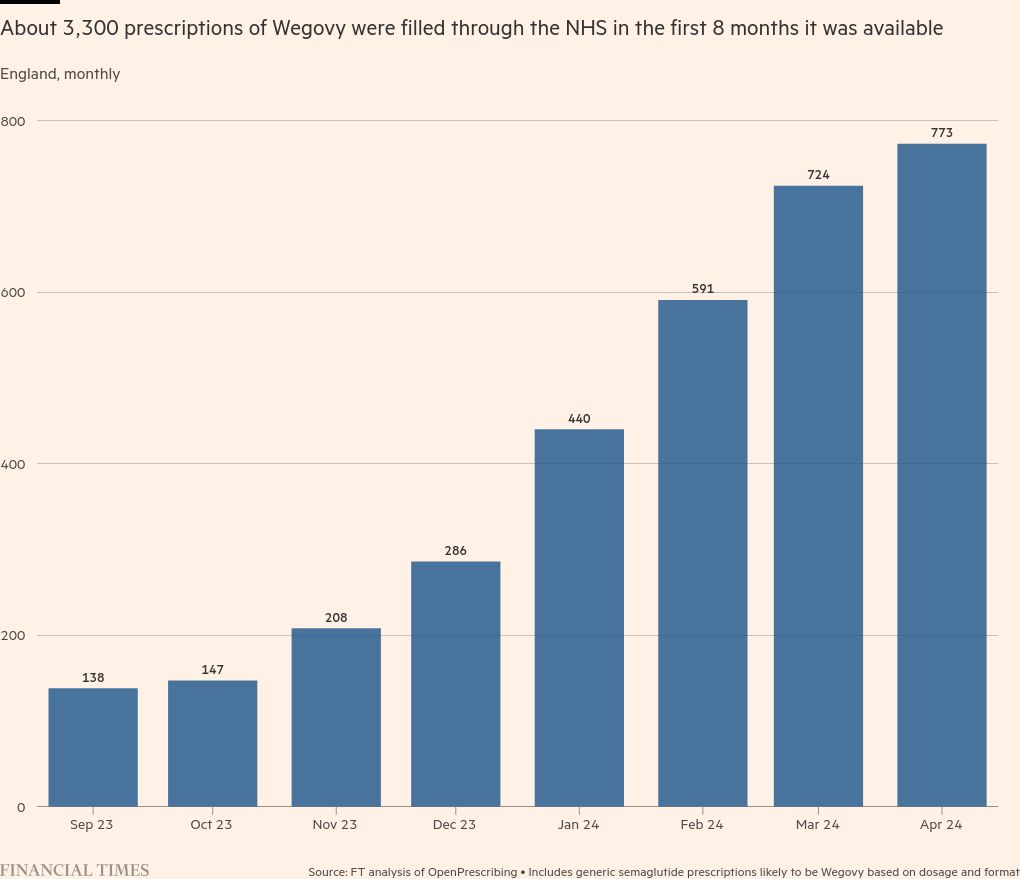In the final months of Maeve Boothby-O’Neill’s life, she wrote to her GP asking for help to stay alive. Ms Boothby-O’Neill was no longer able to chew or sit up and needed emergency assistance with eating.
“I don’t understand why the hospital didn’t help me when I got in. I’m hungry, I want to eat,” she wrote to Dr. Lucy Shenton. “Please help me get enough food to live.” Dr Shenton tried repeatedly to get Ms Boothby-O’Neill the help she needed from the hospital, but four months later, aged 27, she died.
Ms Boothby-O’Neill has suffered from ME/CFS, or Myalgic encephalomyelitis/chronic fatigue syndrome, since the age of 13. An inquest heard her condition worsened after her high school but she continued to struggle to get help. Need. Before her death, she was admitted to and discharged from the Royal Devon and Exeter Hospital three times. “From March 10, 2021, I will be the only person caring for a person who cannot sit, stand or chew,” her mother repeatedly wrote to her GP trainer.
At the inquest Dr Shenton, Boothby-O’Neill’s GP, wrote a letter to the coroner’s office in which she said: “Several doctors involved in her care said they did not believe I had a medical problem.”
According to the NHS, ME is “a long-term condition that can affect different parts of the body. The most common symptom is extreme fatigue. ” Other symptoms include difficulty concentrating, sleep-related problems such as insomnia, or feeling tired when you wake up. Symptoms like pain and fever may occur in different parts of the body. There is currently no diagnostic test, no cure, and no understanding of the cause. The NHS lists treatments as energy management, cognitive behavioral therapy (CBT) or medication to control pain and sleep problems.
Lucy Rowett, who now lives in Austria with her husband but grew up in the UK and developed ME at a similar age, describes the care Ms Boothby-O’Neill received from health professionals as “tragic but standard practice. Her story is one of many. “

Mrs. Rowett falls into that category. As her health began to decline, she was met with increasing resistance from her doctor. By the time she was 15, she was in a wheelchair, which her family had to buy. One of the doctors she saw “kept trying to get me up. He seemed disappointed in me[…] A psychiatrist I saw asked if I thought about getting better and going out[…] Doctors will run blood tests, and when the test comes back clear, they’ll shrug and say there’s nothing more they can do. This reaction meant “My mental health is in the gutter, and so is my mother’s”.
At the time Ms Rowett and her family were involved with the church, which offered them emotional support, and the teachers, she says, allowing Ms Rowett, an A-grade student, to attend part-time. She was forced to skip her GCSEs.
But medically, she says, “we are completely isolated and alone.” “We didn’t have the medical or mental health support we needed”. Eventually, like 16-year-old Ms Boothby-O’Neill, Ms Rowlett weighed five stone and was unable to sit or chew, and her mental health worsened. “I remember being taken to A&E and thinking I was going to die. I don’t see a way out at this point. I wanted to give up my life.”
According to Dr. Charles Shepherd of the ME Society, cases like this are not uncommon. “About 25 percent of people with ME/CFS are severely or very severely affected. This means they are at home or bed bound. Some are so severely affected that they require tube feeding. New NICE guidance on ME/CFS explains that people with very severe ME/CFS may have difficulty eating, swallowing and digestion. They are therefore at risk of life-threatening malnutrition and need expert care at home and in hospital to prevent this from happening.
In 2006, Rowett was admitted to the UK’s only inpatient unit at Queen’s Hospital in East London, led by Professor Leslie J Findley, paid for by a local primary care trust. Here she was put on a structured program that included rest, relaxation techniques and physical rehabilitation.
“One week I’ll start by trying to sit up for 10 minutes, and the next week I’ll sit a little longer and a little longer. So did we walk to the edge of the bed. It gradually helped rebuild her ability to sit, chew and walk.
“It made a world of difference to believe and make you feel treated by people who knew what they were doing.”
The inpatient unit where Ms Rowett was cared for has long since closed and there is currently nowhere for people like her or Ms Boothby-O’Neill to go. “There are no longer hospital-based referral services with dedicated inpatient beds for ME/CFS that provide the kind of specialist care that is consistent with NICE guideline recommendations,” confirms Dr Shepherd. And it has devastating consequences. “Sometimes completely inappropriate treatment is given because an eating problem is misdiagnosed as a psychotic eating disorder.”
Speaking at Mrs Boothby-O’Neill’s inquest, Dr David Strain, a leading specialist in ME and a respected consultant at the hospital where she died, said: “We are not equipped to care for someone like Maeve. . There will be more maves…” he warned. I don’t think there is a suitable ward anywhere in the country to manage an ME patient.
Earlier this year, Baroness Scott of Needham Market, a Liberal Democrat and Life Peer, tabled a parliamentary question about what assessment the government had taken of hospitals to see if they were complying with updated NICE guidance on how to treat inpatients with severe ME.
The government admitted that “no assessment” had taken place, but it was developing an “e-learning course” with NHS England for professionals.
Ms Rowett looks back on 11 months as an inpatient as her best healthcare experience. But she had a severe relapse around the age of 19. Since then she has lived in mental health homes, first in London and then in Eastbourne.
“The nurses were kind, but they didn’t know what they were doing. I was really stoned. I knew I had to save myself or I was going to spend the rest of my life in a house.” She became a close friend and began to consider alternative health remedies. This is where she began to heal. “I was using the benefits to pay for Reiki. Reiki was a completely unexpected catalyst that got the ball rolling and helped me get out of bed. Other recovery programs and experiential therapies, [an alternative therapy used to treat trauma-related problems] Really helped me. I have no way of treating myself, but this was perfect for me.
According to the ME Association, “Ethical issues and unethical practice have affected patients with myelgic encephalomyelitis/chronic fatigue syndrome since at least the 1950s. In the UK, Dr Sarah Myhill wrote Medical Abuse In ME to highlight the medical abuse experienced by many patients with ME/CFS. Sufferers (MAIMES) has created a petition.
Ms Rowett agrees that, with herself, many ME patients are traumatized by the lack of care and gaslighting they have received. Dr Stein told the inquiry: “This is a hugely stigmatized disease, mainly because it has no diagnostic test. Even today there are people who went to historic medical schools who did not recognize this as a physical disease. It’s a joke and if this hearing can be addressed, it will be a huge step forward. This is a physical disease.”
Ms Rowett has made a full recovery in her early 20s but still has to manage her health. The psychological impact is a lasting one. “I don’t believe doctors know what they are doing. I always come armed with information, ready to tell them.
And she looks back on the big time she lost. “I didn’t go to university, I had to learn to be an adult, how to cook and how to socialize much later than my peers. I missed a lot. ”
Although she no longer lives in the UK, she has largely given up on the NHS. “I don’t bother asking for help if I need it.”
For others in similar positions, she advises getting a diagnosis, which can be crucial when trying to get help or benefits. And, she says, be prepared to fight and stand up for yourself. But, she says, there is hope.
“Recovery is possible. I know that. Maeve didn’t want to die.
#died #doctors #gassed


